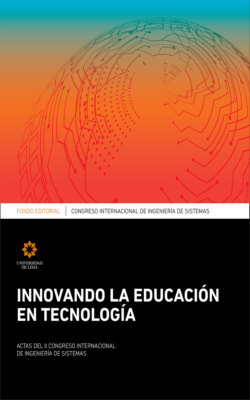Читать книгу Innovando la educación en la tecnología - Группа авторов - Страница 15
На сайте Литреса книга снята с продажи.
REFERENCES
ОглавлениеBerk, R. A., & Trieber, R. H., (2009). Whose Classroom Is It, Anyway? Improvisation as a Teaching Tool, Journal on Excellence in College Teaching, v20 n3, pp. 29-60.
Castellanos, S. (May 14, 2019). Oh, My God, Where Is This Going?’, When Computer-Science Majors Take Improv, The Wall Street Journal.
Cobbett, BA et al. (Apr 12, 2017). Changes in Anxiety Following a Randomized Control Trial of a Theatre-based Intervention for Youth with Austim Spectrum Disorder, PubMed.
Felsman, et al. (2018.12.001). The Use of Improvisational Theater Training to Reduce Social Anxiety in Adolescents. The Arts in Psychotherapy. https://doi.org/10.1016/j.aip
Gunderman, R. (2016). Education in Professionalism: Improvisation. The Association of University Radiologists, Elsevier Inc.
Kristufek, J. (2008). Improv for Effective Collaborative Innovation? WEPAN.
Kuritz, P. (1988). The Making of Theatre History, Prentice Hall.
Martin, L. J., Harrison, B., Riedl, M. (2016). Improvisational Computational Storytelling in Open Worlds, Lecture Notes in Computer Science book series, International Conference on Interactive Digital Storytelling (ICIDS).
Mathewson, K. (2019). Humour-in-the-loop: Improvised Theatre with Interactive Machine Learning Systems, PhD thesis. Re korymathewson.com/category/academic/computer-science/
Mitchell, W, Inouye, A, and Blumenthal, M. (editors) (2003). Beyond Productivity: Information, Technology, Innovation, and Creativity (ITCP), National Academies Press.
Pressing, J. (1987). Improvisation: Methods and Models, Generative Processes in Music, ed. J Sloboda, Oxford University Press.
Sanders, B. (1995). Sudden Glory: Laughter as Subversive History, Beacon Press.
